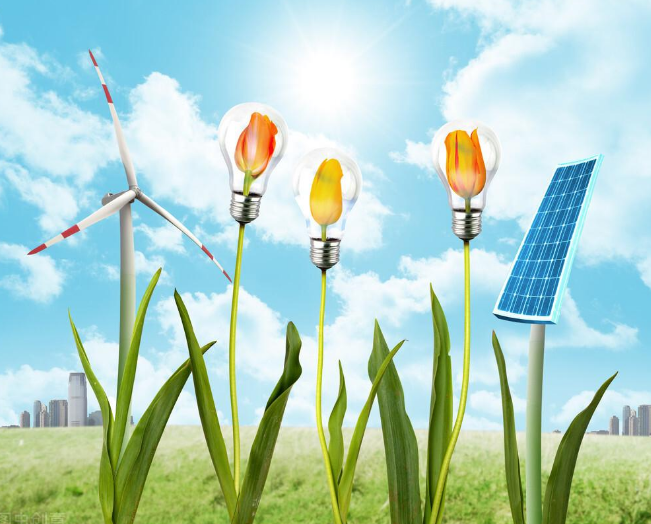How solar panels generate electricity
The sun shines on the semiconductor P-N junction, forming a new hole-electron pair. Under the action of the electric field of the P-N junction, the hole flows from the N region to the P region, and the electron flows from the P region to the N region. When the circuit is connected, the current is formed. That's how photoelectric effects of solar cells work. This also shows that the most important thing for solar panel power generation is sunlight. Without a little sunlight, other things, even if they are good, are not of much use.
 Secondly, under the condition of ensuring sufficient sunlight, which is more efficient than the mono-polycrystalline solar panel? The conversion efficiency of single crystal solar panels is about 18.5-22%, and the conversion efficiency of polycrystalline solar panels is about 14-18.5%. In this way, the conversion efficiency of single crystal solar panels is higher than that of polycrystalline solar panels. Secondly, the weak light of single crystal solar panels will be stronger than that of polycrystalline solar panels, that is to say, on cloudy days, when the sunlight is not very sufficient, the power generation efficiency of single crystal silicon solar panels will be higher than that of polycrystalline solar panels.
Secondly, under the condition of ensuring sufficient sunlight, which is more efficient than the mono-polycrystalline solar panel? The conversion efficiency of single crystal solar panels is about 18.5-22%, and the conversion efficiency of polycrystalline solar panels is about 14-18.5%. In this way, the conversion efficiency of single crystal solar panels is higher than that of polycrystalline solar panels. Secondly, the weak light of single crystal solar panels will be stronger than that of polycrystalline solar panels, that is to say, on cloudy days, when the sunlight is not very sufficient, the power generation efficiency of single crystal silicon solar panels will be higher than that of polycrystalline solar panels.
Finally, while solar panels will work even if their light is reflected or partially blocked by clouds, their energy production capacity will be curtailed. On average, solar panels and the mc4 connector will generate 10 to 25 per cent of their normal power during periods of heavy cloud cover.
With clouds often accompanied by rain, here's a fact that may surprise you. The rain actually helps the solar panels work more efficiently. That's because rain washes away any dirt or dust that collects on the panels, allowing them to absorb sunlight more efficiently.
Bottom line: Solar panels do not generate electricity on rainy days, but single-crystal solar panels are more efficient than polycrystalline ones on cloudy days.